Introduction:
Closing costs can catch many buyers and sellers off guard, but understanding them ahead of time can help you avoid unexpected expenses. In the U.S., closing costs typically range from 2% to 5% of the home’s purchase price. This blog explains common closing costs and how both buyers and sellers can prepare.
1. Common Closing Costs for Buyers
- Loan Origination Fees: Charged by the lender for processing the mortgage application.
- Appraisal Fee: Required by the lender to assess the home’s value.
- Home Inspection Fees: Buyers often hire a home inspector to identify potential issues with the property.
- Title Insurance: Protects the buyer and lender against any title disputes.
- Escrow Fees: Covers the cost of setting up the escrow account for property taxes and insurance.
2. Common Closing Costs for Sellers
- Real Estate Agent Commission: Typically 5% to 6% of the sale price, which is divided between the buyer’s and seller’s agents.
- Title Insurance: The seller may cover the cost of title insurance for the buyer in certain states.
- Repairs and Concessions: Sellers may need to contribute to repairs or closing cost concessions, especially if the buyer requests them after the inspection.
3. How to Prepare for Closing Costs
- Review the Closing Disclosure: Buyers and sellers will receive a closing disclosure from their lender or real estate agent outlining all costs.
- Factor in Costs Early: Include an estimate of closing costs in your budget to avoid financial surprises.
- Negotiate Closing Costs: Buyers can ask the seller to cover some costs, and sellers may negotiate lower agent commissions or other fees to reduce their expenses.
Conclusion:
Closing costs are an inevitable part of the home buying and selling process. Understanding these costs, budgeting for them, and negotiating where possible can help you better prepare for your transaction.







